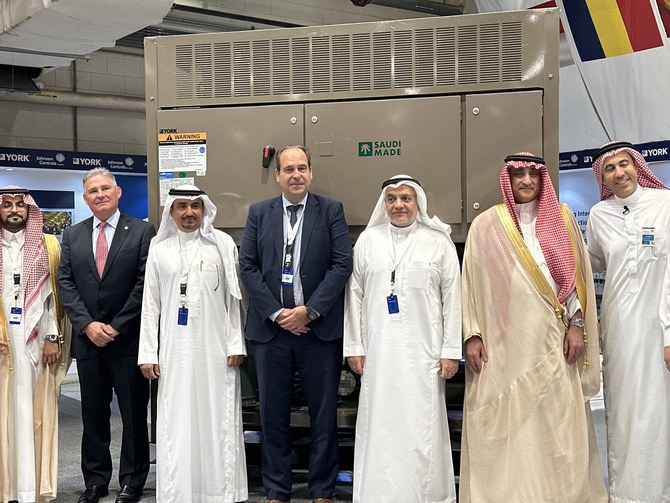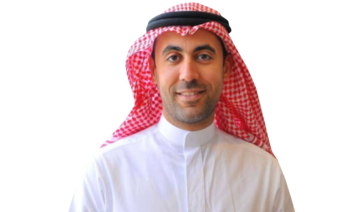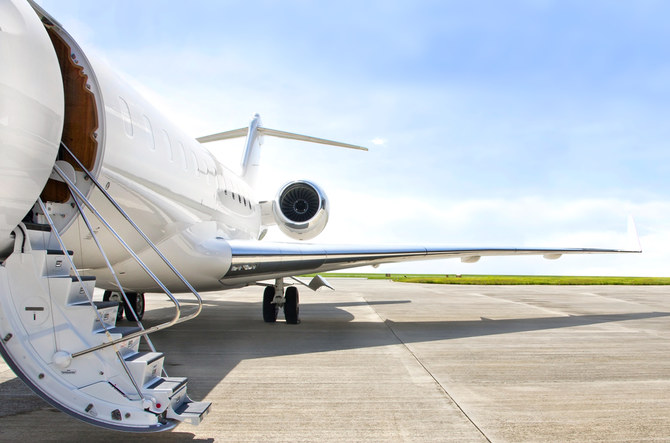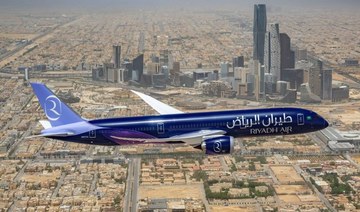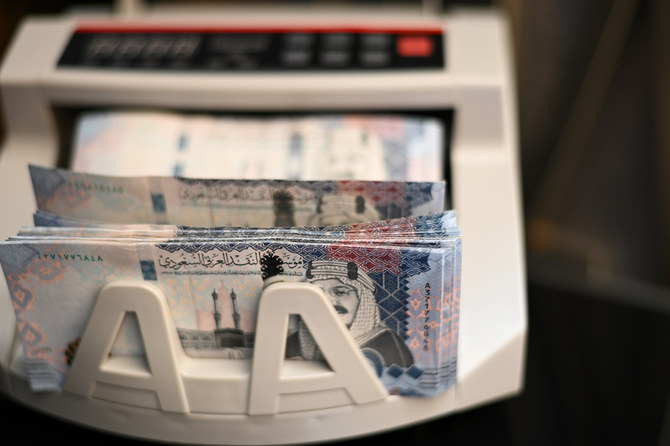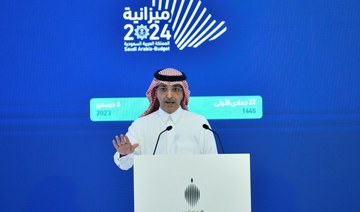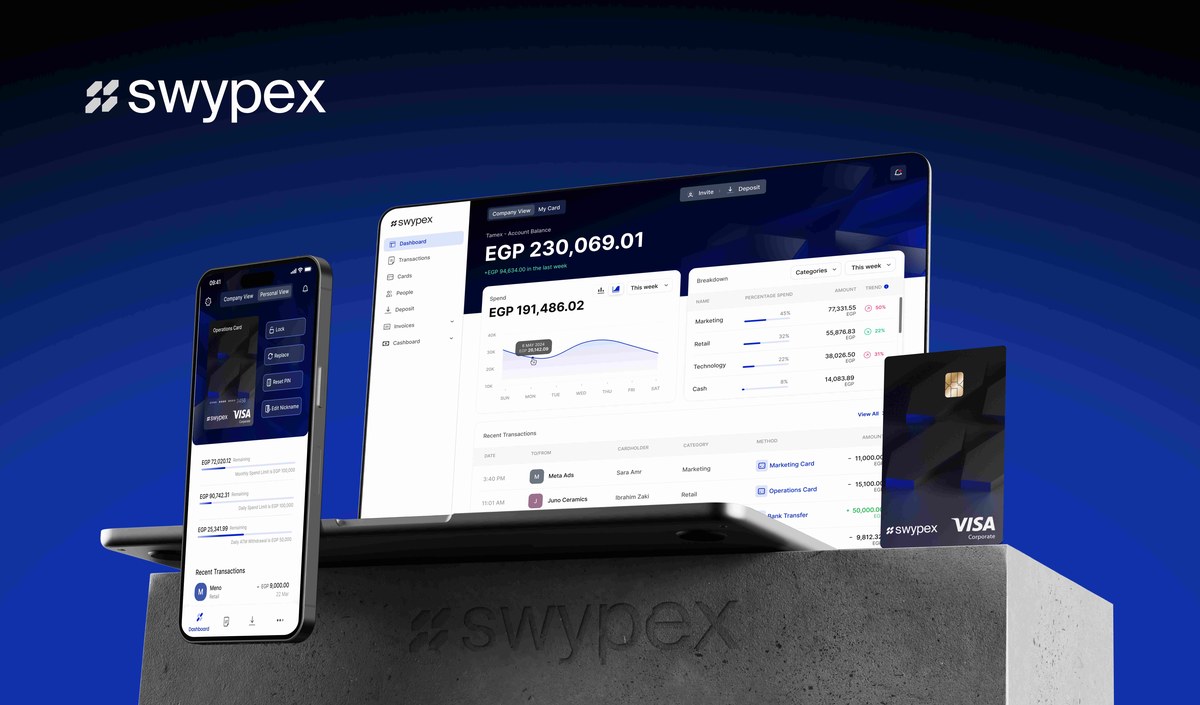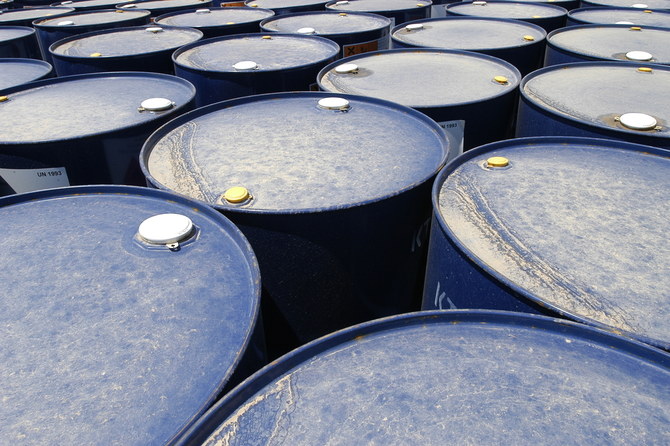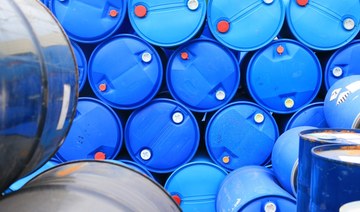The Kingdom’s membership of the G20 is a result of its increasing importance in exporting and pricing of global energy as well as the increase in the volume of its international trade and worldwide impact, the Saudi Press Agency reports.
It has also come about as a result of the increase in its financial resources, which are projected to rise in the future, thus increasing the importance of Saudi Arabia in the global economy.
The financial policies adopted by the Kingdom have a wide impact at the global level, affecting the activity of the economy and global trade through remittances abroad and the policy of investing in global securities. The expansion of the circle of influence of the Saudi economic role in the region also contributed to the classification of the Kingdom among the best emerging economies in the world alongside other emerging countries such as China, India and Turkiye, given the economic weight the Kingdom has in the Arab Gulf region, the Middle East and Arab countries.
Among the positive results of the Kingdom’s membership of the G20 group is the provision of regular communication channels with senior global financial and economic policy makers, which enhances bilateral cooperation with major countries. The Kingdom’s membership in this group has raised the importance of providing more transparency, as well as financial and economic data related to the Kingdom, similar to the countries of the developed world. It is expected that the Kingdom’s membership of the group will lead to coordination and reform of some policies in a number of financial and economic fields, which will lead to further development of the financial and economic sectors and ultimately serve the best interests of Saudi Arabia and its economy.
The establishment of multiple economic cities is a culmination of the Kingdom’s global economic potential. Saudi Arabia has also initiated the construction of the King Abdullah Financial Center project in Riyadh on an area of 1.6 million sq m, forming one of the major financial hubs in the world due to its presence in one of the largest economies in the region. It is the first of its kind in the Middle East region in size, organization, technical specifications and equipment.
Saudi Arabia has carried out a record number of reforms in recent years in the regulation and supervision of the banking sector. These were highly commended by a World Bank report, placing it 12th globally out of 183 countries. According to the report, the Kingdom, through its membership in the G20 and in coordination with the countries of this group, is exerting strong efforts to achieve stability and support developing countries, in addition to its contribution to regional and international development institutions.
The economic decisions and policies adopted by Saudi Arabia during the years of comprehensive development were marked out by their moderation, as the Kingdom is committed to playing an active and positive role to achieve global economic stability and formulate a global economic system that achieves balanced and sustainable global economic growth that preserves the interests of all developed and developing countries. The OECD announced in its annual report, “OECD Global Economic Prospects,” for the years 2022 and 2023, that the Saudi GDP achieved the highest growth rate among the G20 countries.
The Saudi economy achieved 8.7 percent growth in its GDP, the highest rate among the G20 countries in 2022. It exceeded the international organization’s expectations, which was set at 8.3 percent as a maximum, while the current growth rate stands as the highest annual rate in the past decade.
Saudi Arabia secured first place among the G20 countries in the rate of worker productivity growth in 2022, according to a series of modeled readings issued annually by the International Labor Organization.
This 4.9 percent increase represents the highest productivity growth rate achieved by the Kingdom, which was lagging at -6.3 percent in 2019. Following that, in 2021, the productivity growth rate rose to 4.4 percent, before reaching its highest level in 2022.
Saudi Arabia has scored 94.4 percent in a security audit carried out by the International Civil Aviation Organization. The audit revealed that the Kingdom secured seventh rank among the G20 countries in aviation security. ICAO carries out this exercise with the aim of ensuring that its member states are complying with international standards.
The International Telecommunication Union showed that the Kingdom ranked second among the G20 countries and fourth globally in the readiness of its digital systems. The ranking follows the Kingdom’s success in building a sustainable regulatory framework and shifting toward digital collaborative regulation to empower the digital economy,
As one of the leading countries in the field of communications and information technology at the level of the G20 countries, and based on its cumulative achievements, the Kingdom was able to transform the digital economy working group into a permanent working group, leading the countries of the group to adopt a roadmap toward a common framework on defining and measuring the digital economy, in addition to adopting the principles of reliable human-centered artificial intelligence. These developments led to the consolidation of Saudi Arabia’s position at the regional and global level as a leading technology hub.
The Kingdom has led international efforts in investments and innovations to bridge the digital gap by piloting fifth-generation networks via high-altitude platform systems, covering nearly half a million sq km in remote areas.
These steps, procedures, developments and qualitative leaps achieved by the telecommunications sector and its accelerated steps to keep pace with technical developments have enhanced the Kingdom’s progress in the relevant indicators and reports. The Kingdom has been ranked second in digital competitiveness among the G20 countries according to the European Center for Digital Competitiveness. It has been ranked third globally for its digital government transformation by the World Bank’s GovTech Maturity Index for 2022. Saudi Arabia presented a pioneering model in bridging the digital gap, as it succeeded in connecting 99 percent of its population to digital infrastructure.
The Kingdom has provided the first-of-its-kind experience in connecting the offline world through non-terrestrial networks program and land networks, considered the ideal solution to accelerate bridging the digital gap. The Kingdom has also launched the world’s largest virtual hospital, which uses artificial intelligence to provide advanced medical services.
In youth and women’s empowerment, the Kingdom has achieved in a short time a qualitative leap in the empowerment of women in the technology sector, with the growth of Saudi women in the technology sector jumping from 7 percent to 33 percent, exceeding the average of the G20 countries and the EU.
In the financial markets, the Kingdom was placed third in IPO and corporate boards indices within the G20 countries, ranking among the top three in 6 out of 12 indices related to the financial market at the G20 level.
Saudi Arabia was ranked 17th globally out of 64 countries that are the most competitive in the world, to become one of the top 20 countries for the first time in the World Competitiveness Yearbook 2023. The yearbook is published by the World Competitiveness Center of International Institute for Management Development. It is one of the major competitiveness reports that the National Competitiveness Center follows up on and analyzes in collaboration with relevant government entities.
Supported by its strong economic and financial performance in 2022 and its improved business legislation, the Kingdom advanced seven places in the 2023 edition, which ranked it third among the G20 countries for the first time, surpassing countries with advanced global economies such as South Korea, Germany, France, Japan, Italy, India, the UK, China, Mexico, Brazil and Turkiye in accordance with methodology of the report that covers different aspects of competitiveness.
The Kingdom’s access to the international G20, which includes the 20 most powerful economies in the world, represents an increase in the influential role it plays in the global economy as it is based on a solid industrial economic foundation and has an important role in formulating global economic policy, and is a safe hub for investments from around the world.






